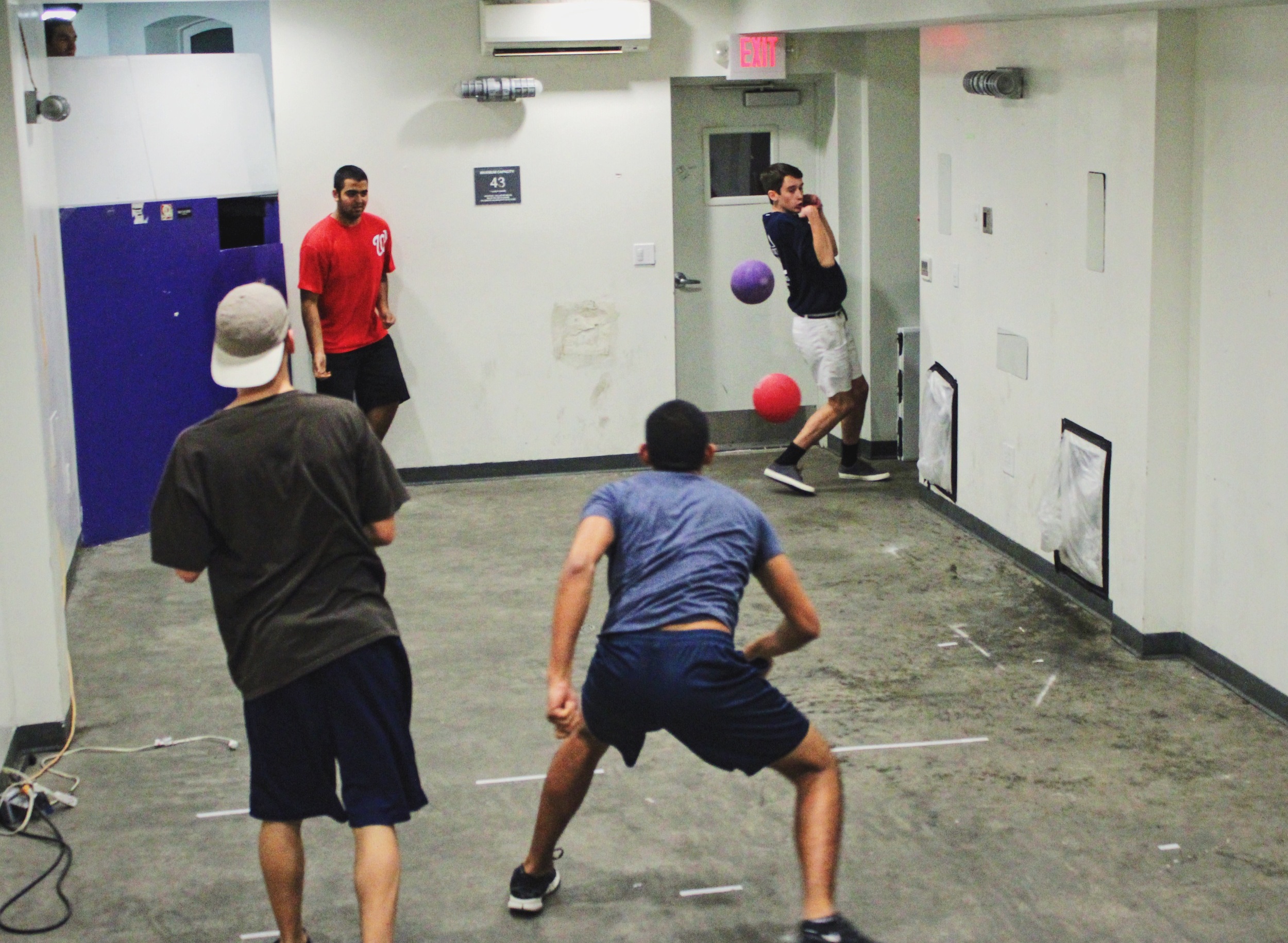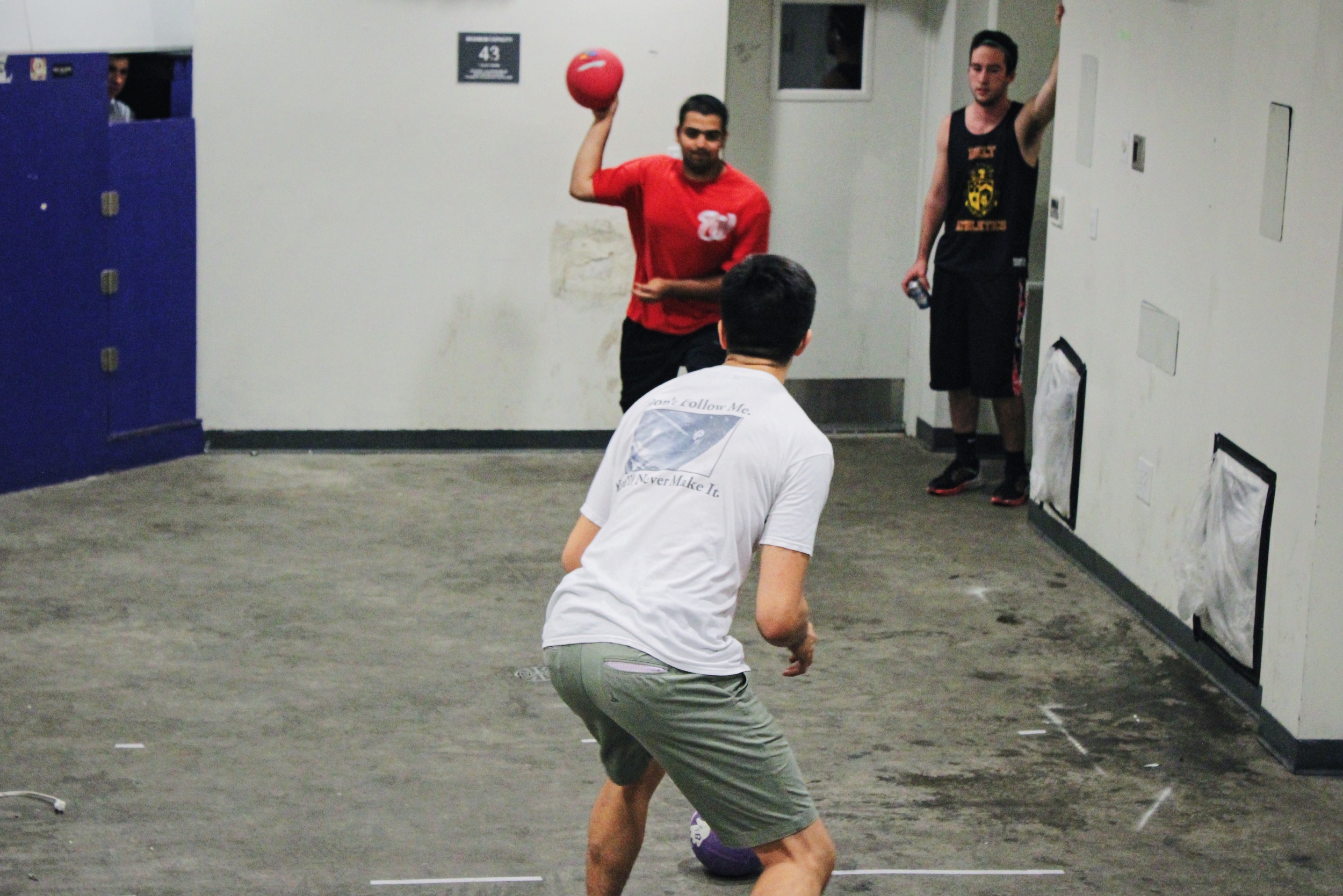Radio network Hot 97 has a show hosted by an African American male, a jewish male, and a latina female-- Ebro in the Morning with Ebro, Rosenberg, and Laura. Hip hop is the show's topic of choice, but in today's musical landscape societal questions creep into conversation as response to artists' commentary on our world.
On August 20 singer-rapper Post Malone, a caucasian male, joined the show to talk about his hit song "White Iverson" in which he adopts hip hop's braggadocious and proud style. Find Malone performing in cornrow braids completed with shiny gold grills in his mouth to go with lyrics like, "I wipe my tears with the money, yeah". To Ebro and for those protecting the value in black culture the musician's act appears suspect leading Ebro to say to Post Malone in their interview, "When I see a white dude in throwback jersey and gold teeth I'm the old black dude who's like, 'Yo what is this? Is he making fun?'" and his compadre Rosenberg follows up with, "I had a similar feeling... I feel weird, my gut reaction of the white dude that I see with braids and gold teeth for me brand wise promoting that is an odd choice, I have to see what the person is really about first." The pair's remarks allude to the complexity of cultural appropriation and simplicity of appreciation. Huffington Post journalist, Kadia Blagrove, digs deeper and notes this duality revolving around the black experience is more so “about acknowledging the existence of the people behind the culture.” Without such recognition and respect, elements of black culture will continue to be whitewashed. From a myopic lens, Blagrove’s sentiment calls for a greater contextualized appreciation and respect for hip hop culture and its roots.
There is an especially tainted view on the appreciation of black culture because of the institutional power dynamic between white and black people. What we're seeing in mainstream music is not a mutual exchange where artists are adopting elements of black culture without backlash because we live in a time where racism and injustices still exist. To truly value something means to understand the entity's origins and developments-- learn how and why it came to be. Once there is an acknowledgement of history one can appreciate the present environment. Furthermore, imitation is a form of flattery, but if there is no credit given to the original work plagiarism occurs.
When Miley Cyrus took the stage to host the 2015 VMAs on August 30 she did so wearing a long dreaded hairpiece and ensued to call Snoop Dogg her "mammy". The popstar will tell you she made the comment in jest, but it unveils ignorance and insensitivity some whites have regarding racial topics. Then there's Taylor Swift who just put out a music video that’s set in Africa yet features no African or African American people in it. If people wish it were not black/white issues then this conversation can even draw on the use of Native Americans as sport mascots. But the issue is deeper than the fact that a football team has a derogatory team name or the very people who are from the setting of Swift’s video were just an afterthought to her, though. The issue resides with the fact that it seems a lot of celebrities and artists are choosing to highlight the more glamorous and celebrated aspects of other cultures, while neglecting the controversial and political topics such as the inhumane police brutality cases that have engendered the slogan and hashtag “Black Lives Matter”. Actress Zendaya Coleman intelligently says on the entire subject, "You can go about it as cultural appreciation or cultural appropriation. You have to be very careful. Some things are really sacred and important to other cultures, so you have to be aware, politically, about those things before you just adopt them." People need to adopt cultural relativism: acknowledge and understand other people's activities and beliefs are rooted in different heritages and traditions. This principle allows a genuine learning process from person to person that facilitates a holistic appreciation for one another.
On the other hand, the cultural appropriation tag escapes some white entertainers. Artists like Justin Timberlake, MC Serch, Mac Miller and even Christina Aguliera are not accused of appropriating. The question is why do some artists get away with appropriating while it is the detriment to others’ careers, a-la Iggy Azalea(?)









